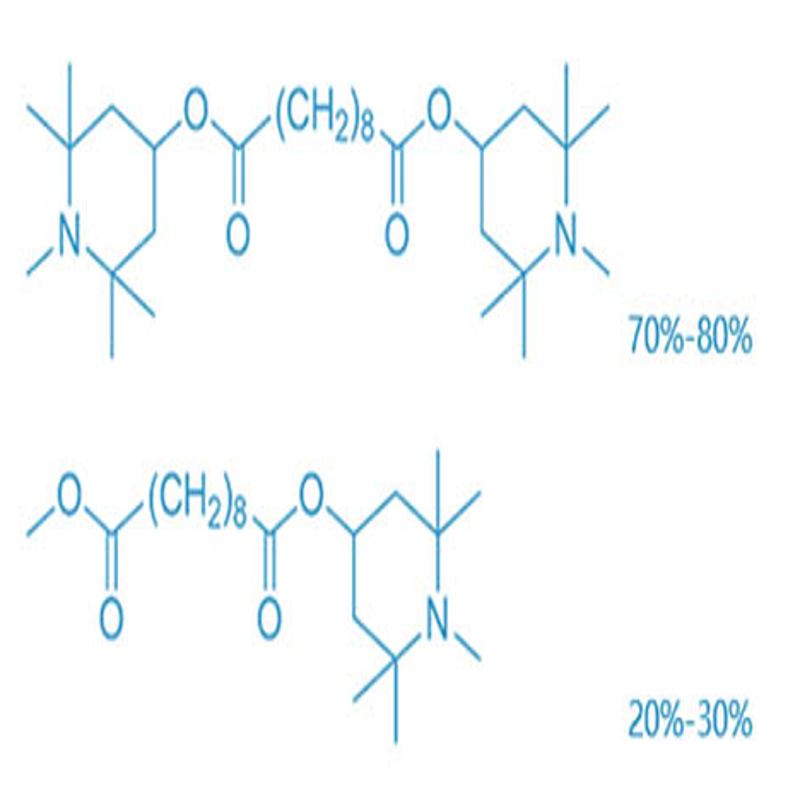-
Categories
-
Pharmaceutical Intermediates
-
Active Pharmaceutical Ingredients
-
Food Additives
- Industrial Coatings
- Agrochemicals
- Dyes and Pigments
- Surfactant
- Flavors and Fragrances
- Chemical Reagents
- Catalyst and Auxiliary
- Natural Products
- Inorganic Chemistry
-
Organic Chemistry
-
Biochemical Engineering
- Analytical Chemistry
-
Cosmetic Ingredient
- Water Treatment Chemical
-
Pharmaceutical Intermediates
Promotion
ECHEMI Mall
Wholesale
Weekly Price
Exhibition
News
-
Trade Service
Sinochem News reported on March 11 that six Japanese companies have decided to form a strategic alliance aimed at reducing environmental impact by developing Japan's first methanol-fueled tanker
Partners in the alliance include shipping company MOL (MOL), marine services company MOL Coastal, Tabuchi Kaiun, marine service provider Niihama Kaiun, shipbuilding and repair service provider Murakami Hide, and marine engine manufacturer Hanshin Diesel
It is understood that the newbuilding is scheduled to be delivered in 2024
The ship development project was selected to receive public funding through Japan's Ministry of Economy, Trade and Industry (METI) and the Ministry of Land, Infrastructure, Transport and Tourism (MLIT)
The funding subsidizes the cost of conducting demonstration projects by introducing software-based measures (such as ship operations planning and optimization of cargo handling operations) as well as hardware-based steps (such as energy-efficient ship design) to optimize overall transportation, efficient propulsion systems, and Systems and equipment to enhance cargo handling operations
Methanol reduces sulphur dioxide by up to 99%, particulate matter (PM) by up to 95%, nitrogen oxides by up to 80% and CO2 emissions by up to 15% compared to ships using conventional fuel oil, which is currently the main fuel
Methanol fuel has been introduced more widely as an environmentally friendly fuel to ocean-going vessels, including four MOL-operated vessels, but this will be the first domestic vessel to run on methanol, according to the companies
In addition, methanol can be produced from carbon dioxide and hydrogen as feedstocks
The six companies will each align their strengths in technology, expertise and networks to achieve decarbonisation







